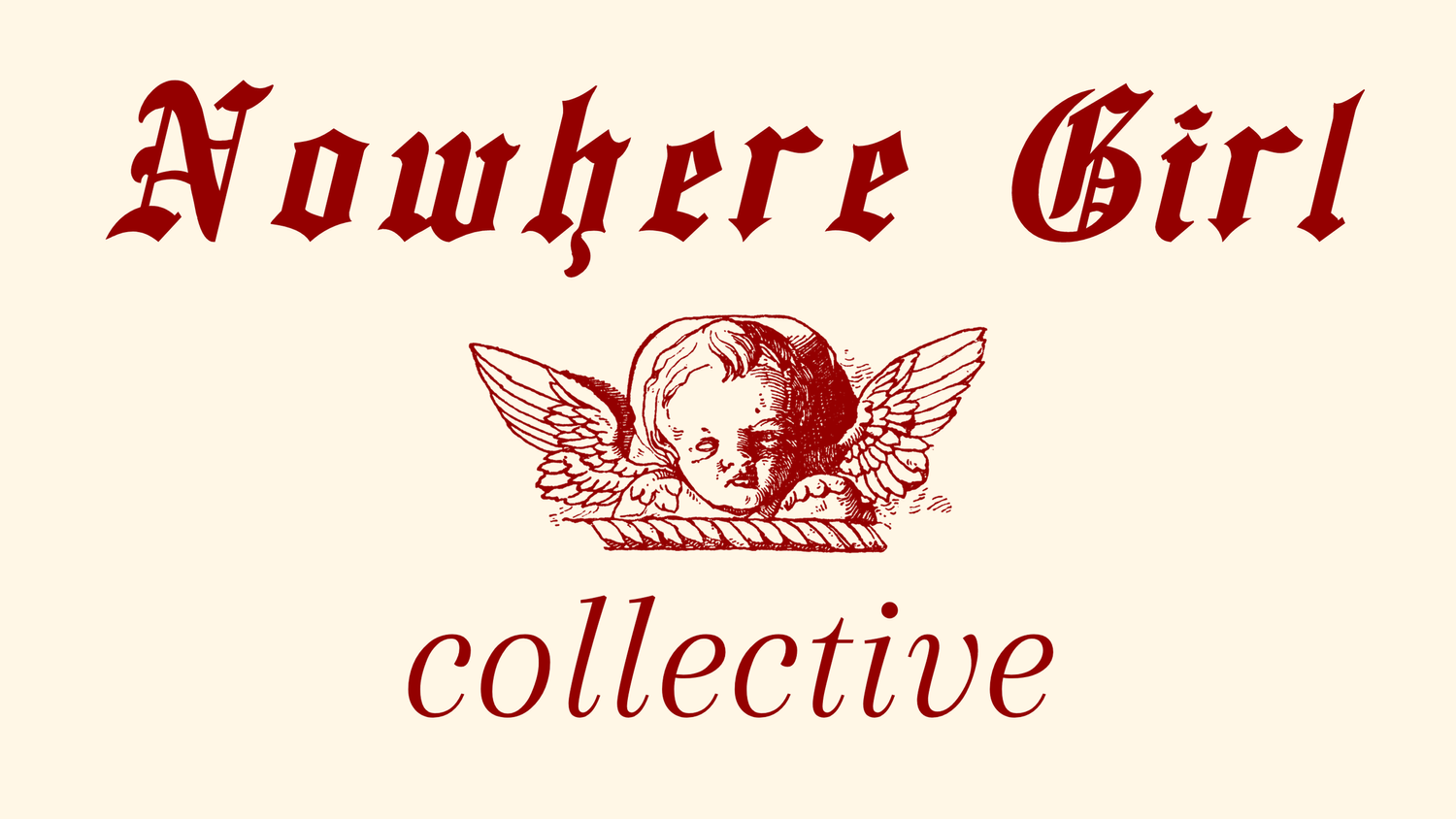DEATH AS EXPERIENCED BY AN ABSURD FIGURE
When I was twenty-one years old, I almost died alone and away from home in a tiny student room in the south of France. The moment lacked so much glamour, gravity and pathos that I barely even realised what was happening as my body started to shut down. The shower in my room was so economical and multi-talented that someone had installed a toilet in there and called it bathroom, and I was about to add ‘death bed’ to its curriculum as I turned off the water and felt some sort of internal force collapsing on me. I knelt to the floor, literally and metaphorically naked and vulnerable, and tried to crawl my way to the bed. I’ll admit perhaps I’m a little messed up in the head, because my brain found the situation incredibly comical and switched on ‘stand-up comedian mode’ as my possibly last ever personality on earth. It was the year of Despacito, and with a perfect command of the lyrics, my inner Spotify clicked play to give me the least respectable dying soundtrack a person could ever merit. As I managed to lie on my bed and made a desperate attempt at taking the medicine that I’d forgotten, I closed my eyes and imagined that this was it. All gone. Except not yet.
I suppose grandiose endings exist, poignant and heartbreaking. They populate the bookshelves, from The Outsiders to Macbeth, Mrs. Dalloway, Anna Karenina, Les Misérables. Waking up to the fact that you’re not a character in canonical literature is a bitter realisation to have in your last moments of life, and after I somehow survived that experience and a couple others that could rival its ridiculousness, I embraced absurdism as a main player in my life. My end doesn’t come with trumpets and drums. As much as younger me would’ve wished for, it doesn’t come with a Black Parade, a march of misfits, dark ballerinas and mysterious figures in crinolines. My author is sneering and doesn’t like or respect me very much, so I must find my only consolation in the thought that a reader might exist afterwards to feel some compassion for my ridiculous self.
The concept of death warrants for a bit of philosophy, and I love inviting Kant to every situation. Kant, who of course died a very respectable serious death, but most importantly famously introduced subjectivity and individual perspective into our human perception of the world. I won’t protest Death’s credentials as The Great Equaliser, but just as people experience reality through their own lens, independently of any objective truth, I believe our last moments in it are equally as susceptible of being perceived in our own individual way. And my individual way is absurd. The apocalypse, of course, is also for everyone. The thing about the apocalypse, though, is that it’s subtle to a human eye who should clearly pay visit to the ophthalmologist. In a battle of Apocalypse against Human Obstinacy at Continuing to Live Normally, the apocalypse doesn’t stand a chance. We’re not a particularly smart species, and pretending comes naturally to the human being, even when it’s a supremely stupid decision. Frogs brought to boil in gradually heated water and all that. Some people will see through the rising temperatures and rightfully care, rebel. Others will be terrified to the point where your expanding fear reaches its limit and gets blocked, and the only option you have is torepress and stop feeling terrified anymore. Then your brain plays Despacito and you think about how meaningless it all is. Unfair too, but it’s the lack of substance that’s stayed with me the most in my survival. So at some point when the Apocalypse arrives, or when I realise it’s here, I hope I remember to call my mum and tell her that if nothing else, this time I’ll pause the song to think of her before it’s too late and I’ve forgotten to die meaningfully again.
Erola, 26, London - England ✯ beingerola@gmail.com
“Erola lives and works with books in London and in her head.”
